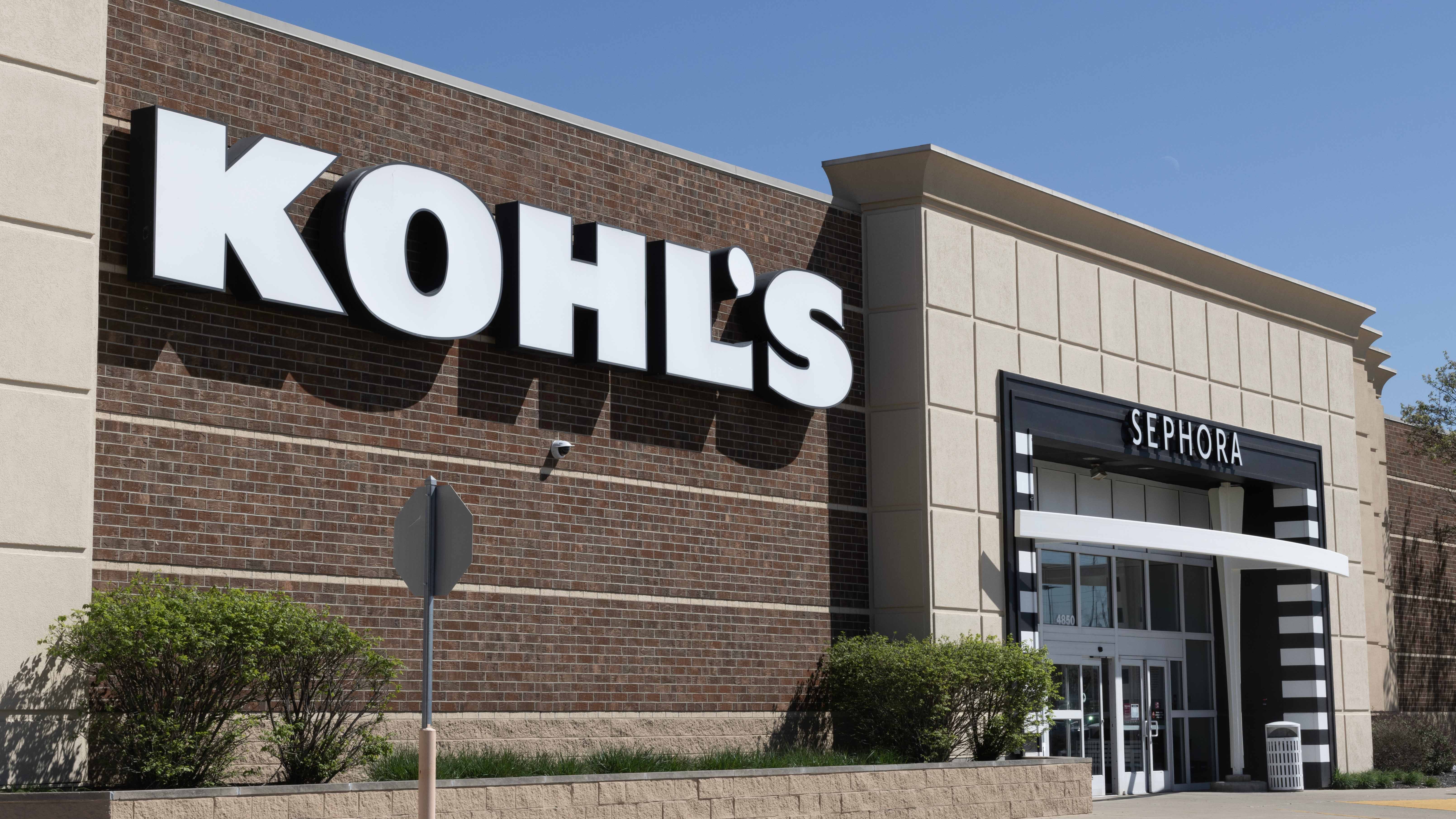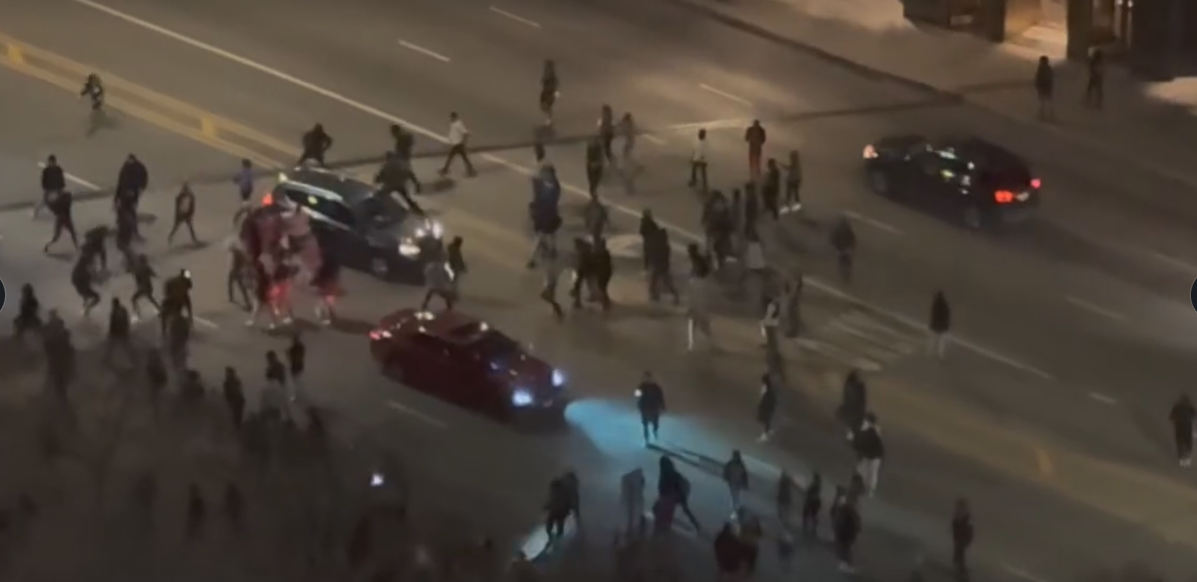Several restaurants across Chicago have spoken up and fought back against the Illinois governor’s new coronavirus mitigations on dining. NBC 5’s Kate Chappell reports.
As a chill settles over Chicago, struggling restaurant owners fear sales will sharply decline, again, when winter hits.
"I’m looking at probably closing my restaurant if indoor dining isn’t restored to at least 25%. I don’t think we’re asking for too much here," said Jodi Agee, owner of Jefferson Tap and Grill.
Agee was one of six restaurateurs expressing their frustrations at restrictions targeting restaurants in Chicago, during a press conference Wednesday.
The Fulton Market Association, a nonprofit economic development agency, released data from the city of Chicago that it says shows no significant link between Chicago restaurants and COVID spread.
"It is time for city of Chicago to stop making restaurants scape goats for spread of this virus," said Roger Romanelli, executive director of the Fulton Market Association.
According to the data, between June 1 and September 15, 22 of Chicago's 7,300 restaurants were closed for failing to comply with the city's safety rules.
Of the city’s estimated 75,000 restaurant employees, 297 tested positive for COVID in this period.
Local
And of the city’s 17,963 new COVID cases in this period, 585 people reported visiting a restaurant within 14 days of feeling sick or contracting the virus. It is worth noting, the city was only able to contact and interview about 8,000 of those who tested positive.
"It took us 40 days, 40 days to get this data. I’m a little concerned about it," said Romanelli, who submitted a Freedom of Information request on September 29th to obtain the information.
"We need dialogue. We need cooperation. We need the end of the blame game. We need teamwork," said Romanelli.
NBC5 Investigates obtained a confidential list of all outbreaks, kept by the state, from the beginning of the pandemic through mid-September. We found that the state logged 118 confirmed outbreaks in restaurants and bars across the state, resulting in 448 coronavirus infections. But none of the outbreaks on this list occurred in the city of Chicago.
"We’ve been suffering," said Nancy Bruni, of B Hospitality Group. "We have been responsible. Now winter is coming. We don’t know what to do. The heaters cost an arm and a leg. We feel like we are getting nothing back from the city."
"Realistically, no matter how many heaters you have or tents you put up, the service we can provide outdoor is inferior. We’re never going to make the revenue we made with indoor service," said Michael Roper, the owner of Hop Leaf.
Currently, by governor order, restaurants can only serve patrons outside.
Using this data, the Fulton Market Association is presenting a list of demands to Chicago's mayor, including requesting a weekly conference call with city officials to discuss new safety protocols as needed.
They also want the mayor to present the city's data to the governor and advocate to restore indoor dining at 25% occupancy. They're asking officials to distinguish between bars and restaurants when recording data. They're calling for more financial assistance and requesting that restaurants be exempt from paying rent or property taxes for the remainder of 2020.
"Explain to me how you can walk into any store in the city or the suburbs and touch products that haven’t been sanitized or wiped down as religiously as our industry has? Not many other industries are religiously taking the same measures we are," said Rich Ruffolo, with the Forno Rosso Restaurant Group.
In a statement response, the mayor's office released the following:
"While the City is following public health regulations from the state of Illinois, including the prohibition of indoor dining and bar service, we know that this has placed a significant burden on bars, restaurants and the people they employ. Due to the widespread community outbreak that we have now, it is difficult to know for certain where someone was exposed to COVID-19. However, our data and outside studies indicate that there are significant concerns about these locations. Our case investigations and contact tracing have shown that one of the most frequent locations that people infected with COVID-19 reported visiting in the two weeks prior to their positive test was bars and restaurants. Also, even when restaurants and bars follow the guidelines, they are by their very nature a concern during a pandemic: it is difficult to maintain social distancing, people are talking and interacting often in close proximity to one another, and they must frequently remove their masks to eat and drink, which increases the risk of transmission. One of the many unfortunate consequences of this pandemic has been the detrimental impact on the hospitality industry, but we are committed to continuing to work with the industry to help them weather this difficult time."



